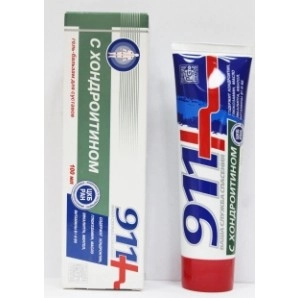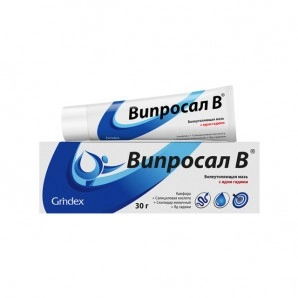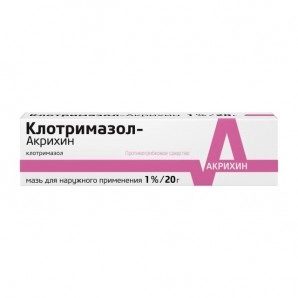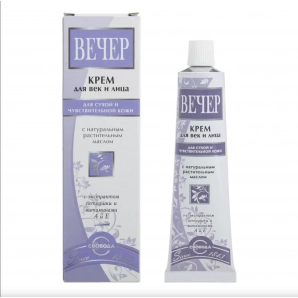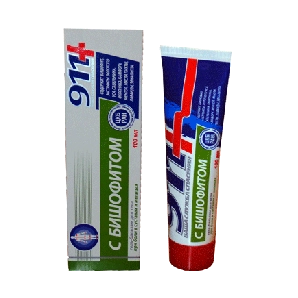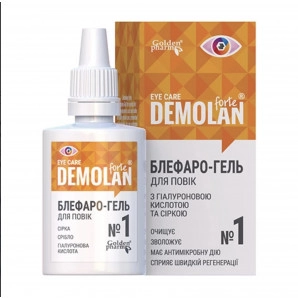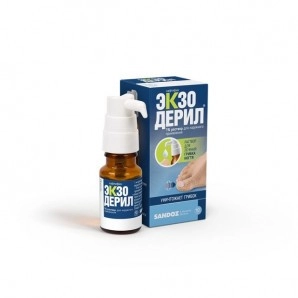-
OTC
- Allergy
- Antiparasitic Agents
- Painkillers and Antispasmodics
- Venotonics
- Dermatological Agents
- Gastrointestinal Tract
- Immunomodulators
- Infectious and Inflammatory
- Weight Control, Weight Loss
- Neurological Agents
- Ophthalmic Preparations
- Cardiovascular Diseases
- Sleep Aids
- Cold and Flu Remedies
- Thyroid Disorders
- Diabetes Treatments
- Urological Agents
- Sedatives
- Ear Drops
- Vitamins and Minerals
- Men's Health
- Women's Health
- Laxatives
- Liver Disease Treatments
- Hemorrhoid Treatments
- Nasal Drops and Sprays
- Antiseptic
- Bruises and Contusions
- Antifungal Agents
- Blood Pressure Medications
- Joint Pain
- Oils
- Dry Herbs & Berries
- Ointments
- Herbal Teas
- Tinctures
- Syrups
- Beauty
This information is for general purposes only and should not be considered as medical advice. Always consult with a qualified healthcare professional for any medical concerns or questions you may have.
Sulfur Ointment: A Time-Tested Skin Remedy
Sulfur ointment, also known as sulphur ointment, has been used for centuries as a remedy for various skin conditions. It is well-regarded for its antifungal, antibacterial, and keratolytic (skin-softening) properties.
Composition and Benefits
The benefits of sulfur ointment include:
- Treating Scabies: It is effective in managing scabies infestations, a contagious skin condition caused by mites.
- Acne Control: Sulfur can help reduce acne by drying out excess oil and promoting exfoliation of dead skin cells.
- Fungal Infections: It is used to treat various fungal skin infections, including ringworm and tinea versicolor.
Indications and Uses
Sulfur ointment is indicated for several skin issues, including:
- Scabies: It is a primary treatment for scabies and should be applied as directed by a healthcare provider.
- Acne: Sulfur ointment can be applied topically to acne-prone areas to reduce breakouts.
- Fungal Infections: It helps in managing fungal infections of the skin, particularly in moist areas.
Administration and Precautions
When using sulfur ointment:
- Application: Apply a thin layer of the ointment to the affected area and gently massage it in. Wash your hands thoroughly after application.
- Frequency: Follow the recommended application frequency provided on the product packaging or as directed by a healthcare professional.
- Precautions: Avoid applying sulfur ointment to broken or irritated skin. If excessive drying or irritation occurs, discontinue use.
Conclusion
Sulfur ointment is a time-tested solution for various skin issues, from scabies to acne and fungal infections. However, it should be used as directed and, if necessary, under the guidance of a healthcare professional. Consult a dermatologist for personalized advice on its use.
Note: This article is for informational purposes only and should not replace professional medical advice.
Additional Information
| SKU | 1247 |
|---|---|
| Brand | Generic |
| Size | No |
| Manufacturer | No |
- Be the first to review this product
Write Your Own Review
Products on sale
Regular Price: $7.99
Special Price $5.99
Regular Price: $23.99
Special Price $18.99
Regular Price: $33.99
Special Price $24.99
Regular Price: $4.99
Special Price $2.50
Regular Price: $4.99
Special Price $2.99
Regular Price: $17.99
Special Price $10.99
Regular Price: $27.99
Special Price $21.99
Regular Price: $10.99
Special Price $7.90
Regular Price: $14.99
Special Price $11.99
Also Purchased










